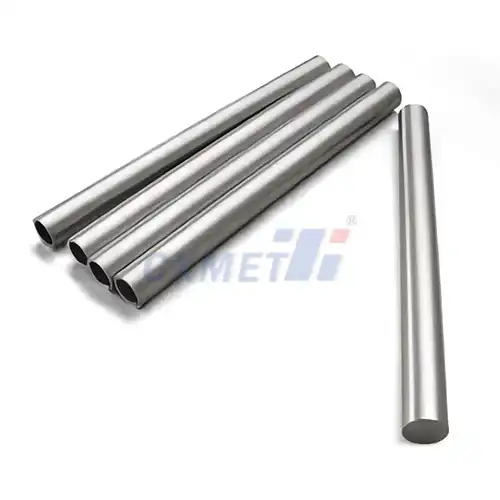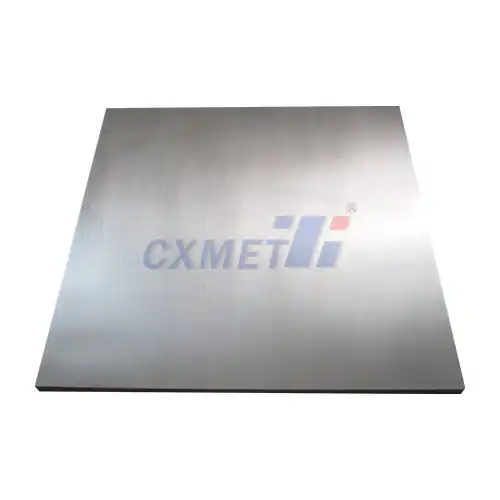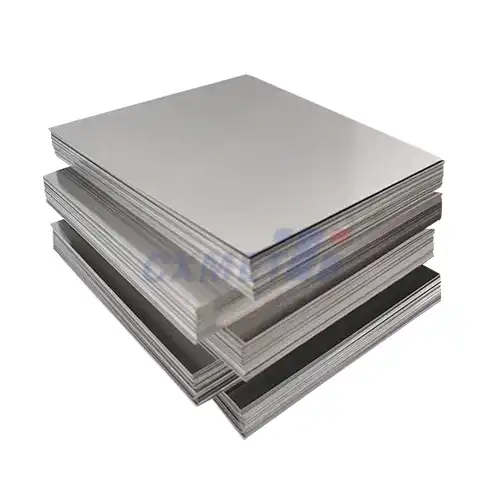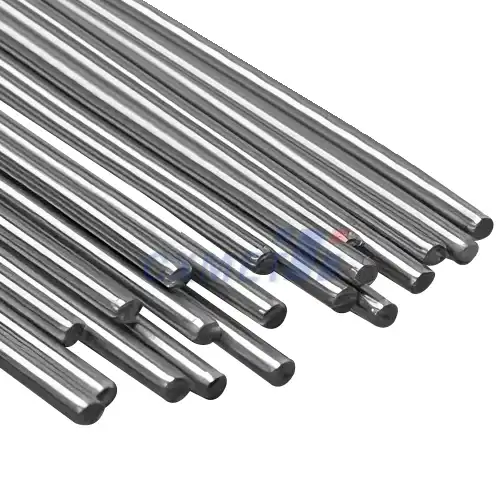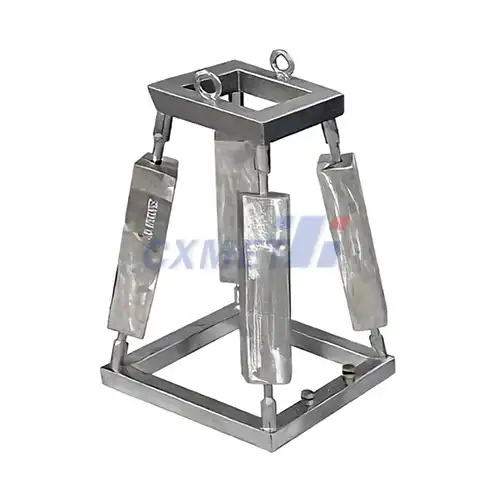- English
- French
- German
- Portuguese
- Spanish
- Russian
- Japanese
- Korean
- Arabic
- Greek
- German
- Turkish
- Italian
- Danish
- Romanian
- Indonesian
- Czech
- Afrikaans
- Swedish
- Polish
- Basque
- Catalan
- Esperanto
- Hindi
- Lao
- Albanian
- Amharic
- Armenian
- Azerbaijani
- Belarusian
- Bengali
- Bosnian
- Bulgarian
- Cebuano
- Chichewa
- Corsican
- Croatian
- Dutch
- Estonian
- Filipino
- Finnish
- Frisian
- Galician
- Georgian
- Gujarati
- Haitian
- Hausa
- Hawaiian
- Hebrew
- Hmong
- Hungarian
- Icelandic
- Igbo
- Javanese
- Kannada
- Kazakh
- Khmer
- Kurdish
- Kyrgyz
- Latin
- Latvian
- Lithuanian
- Luxembou..
- Macedonian
- Malagasy
- Malay
- Malayalam
- Maltese
- Maori
- Marathi
- Mongolian
- Burmese
- Nepali
- Norwegian
- Pashto
- Persian
- Punjabi
- Serbian
- Sesotho
- Sinhala
- Slovak
- Slovenian
- Somali
- Samoan
- Scots Gaelic
- Shona
- Sindhi
- Sundanese
- Swahili
- Tajik
- Tamil
- Telugu
- Thai
- Ukrainian
- Urdu
- Uzbek
- Vietnamese
- Welsh
- Xhosa
- Yiddish
- Yoruba
- Zulu
How is Gr23 ERTi-23 Medical Titanium Wire Used in Medical Applications?
Gr23 ERTi-23 Medical Titanium Wire is a highly specialized material that has found extensive use in various medical applications. This advanced alloy combines the strength and biocompatibility of titanium with enhanced properties that make it particularly suitable for medical devices and implants. Its unique composition and characteristics have made it a preferred choice for many medical professionals and device manufacturers. In this blog post, we will explore the various ways in which Gr23 ERTi-23 Medical Titanium Wire is utilized in the medical field, its advantages, and the impact it has on patient care and treatment outcomes.
What are the advantages of using Gr23 ERTi-23 Medical Titanium Wire in orthopedic implants?
Gr23 ERTi-23 Medical Titanium Wire has become increasingly popular in orthopedic implants due to its exceptional properties and performance. This specialized alloy offers several advantages that make it an ideal choice for various orthopedic applications.
First and foremost, the biocompatibility of Gr23 ERTi-23 Medical Titanium Wire is one of its most significant advantages. The human body readily accepts this material, reducing the risk of adverse reactions or rejection. This biocompatibility is crucial in orthopedic implants, where long-term integration with the surrounding tissue is essential for successful outcomes.
The high strength-to-weight ratio of Gr23 ERTi-23 Medical Titanium Wire is another key advantage in orthopedic applications. This property allows for the creation of implants that are strong enough to withstand the stresses of daily movement and activities while remaining lightweight. The reduced weight of these implants minimizes the burden on the patient's body and can contribute to faster recovery times and improved mobility.
Corrosion resistance is another critical feature of Gr23 ERTi-23 Medical Titanium Wire. In the harsh environment of the human body, where implants are exposed to various bodily fluids and chemical interactions, this alloy maintains its integrity over extended periods. This resistance to corrosion ensures the longevity of the implant and reduces the need for revision surgeries.
The material's excellent fatigue strength is particularly beneficial in orthopedic applications where implants are subjected to repetitive stress cycles. Gr23 ERTi-23 Medical Titanium Wire can withstand these cyclic loads without failure, making it ideal for use in joint replacements, spinal implants, and fracture fixation devices.
Furthermore, the low elastic modulus of Gr23 ERTi-23 Medical Titanium Wire closely matches that of human bone. This similarity in elasticity helps to distribute stress more evenly between the implant and the surrounding bone, reducing the risk of stress shielding and subsequent bone resorption.
The material's ability to osseointegrate is another significant advantage in orthopedic applications. Gr23 ERTi-23 Medical Titanium Wire promotes the growth of bone cells directly on its surface, leading to a strong and stable interface between the implant and the patient's bone. This integration enhances the long-term stability and functionality of the implant.
How does Gr23 ERTi-23 Medical Titanium Wire enhance the performance of cardiovascular devices?
Gr23 ERTi-23 Medical Titanium Wire has made significant contributions to the field of cardiovascular medicine, particularly in the development and enhancement of various cardiovascular devices. Its unique properties make it an excellent choice for applications where reliability, durability, and biocompatibility are paramount.
One of the primary uses of Gr23 ERTi-23 Medical Titanium Wire in cardiovascular devices is in the construction of stents. These small, expandable tubes are used to open narrowed or blocked arteries, restoring blood flow to vital organs. The wire's high strength and flexibility allow for the creation of stents that can be compressed for insertion and then expanded once in place, without compromising their structural integrity.
The material's excellent corrosion resistance is crucial in the harsh environment of the bloodstream, where constant exposure to various biological fluids could potentially degrade less resistant materials. This property ensures that stents and other cardiovascular implants made from Gr23 ERTi-23 Medical Titanium Wire maintain their functionality over extended periods, reducing the need for repeat procedures.
The biocompatibility of Gr23 ERTi-23 Medical Titanium Wire is particularly beneficial in cardiovascular applications. Its ability to integrate with the body's tissues without causing adverse reactions minimizes the risk of complications such as thrombosis or restenosis. This characteristic is essential for the long-term success of implanted cardiovascular devices.
In addition to stents, Gr23 ERTi-23 Medical Titanium Wire is also used in the manufacture of heart valve components, pacemaker leads, and other implantable cardiac devices. Its combination of strength and flexibility allows for the creation of devices that can withstand the constant movement and stress of the heart while maintaining their shape and function.
The wire's excellent fatigue resistance is crucial in these applications, as cardiovascular devices must endure millions of cycles of stress over their lifetime. Gr23 ERTi-23 Medical Titanium Wire's ability to withstand these repetitive loads without failure contributes to the longevity and reliability of these life-saving devices.
What role does Gr23 ERTi-23 Medical Titanium Wire play in dental implants and orthodontic treatments?
Gr23 ERTi-23 Medical Titanium Wire has found extensive use in dentistry, particularly in dental implants and orthodontic treatments. Its unique properties make it an ideal material for these applications, offering benefits to both practitioners and patients.
In dental implants, Gr23 ERTi-23 Medical Titanium Wire is often used to create the root-like structure that is surgically placed into the jawbone. The material's biocompatibility is crucial in this application, as it allows for osseointegration - the process by which the implant fuses with the surrounding bone tissue. This integration provides a stable foundation for artificial teeth, ensuring long-term success of the implant.
The strength and durability of Gr23 ERTi-23 Medical Titanium Wire make it capable of withstanding the significant forces involved in biting and chewing. This resilience contributes to the longevity of dental implants, often allowing them to last for decades with proper care.
In orthodontic treatments, Gr23 ERTi-23 Medical Titanium Wire is used to create archwires, which are the main components responsible for applying force to move teeth into their desired positions. The wire's unique combination of strength and flexibility allows orthodontists to apply precise, controlled forces over extended periods.
The low friction coefficient of Gr23 ERTi-23 Medical Titanium Wire is particularly beneficial in orthodontic applications. This property allows for smoother tooth movement, potentially reducing treatment time and discomfort for patients. Additionally, the wire's resistance to corrosion in the oral environment ensures that it maintains its properties throughout the course of treatment.
The material's ability to be formed into various shapes without losing its strength is another advantage in orthodontics. This allows for the creation of customized archwires tailored to individual patient needs, improving treatment outcomes.
In conclusion, Gr23 ERTi-23 Medical Titanium Wire has revolutionized various aspects of medical treatment, from orthopedic implants to cardiovascular devices and dental applications. Its unique combination of biocompatibility, strength, flexibility, and corrosion resistance makes it an invaluable material in the medical field. As research continues and manufacturing techniques advance, we can expect to see even more innovative uses of this remarkable alloy in the future, further improving patient care and treatment outcomes across various medical specialties.
At SHAANXI CXMET TECHNOLOGY CO., LTD, we take pride in our extensive product range, which caters to diverse customer needs. Our company is equipped with outstanding production and processing capabilities, ensuring the high quality and precision of our products. We are committed to innovation and continuously strive to develop new products, keeping us at the forefront of our industry. With leading technological development capabilities, we are able to adapt and evolve in a rapidly changing market. Furthermore, we offer customized solutions to meet the specific requirements of our clients. If you are interested in our products or wish to learn more about the intricate details of our offerings, please do not hesitate to contact us at sales@cxmet.com. Our team is always ready to assist you.
References:
1. Niinomi, M. (2008). Mechanical biocompatibilities of titanium alloys for biomedical applications. Journal of the Mechanical Behavior of Biomedical Materials, 1(1), 30-42.
2. Rack, H. J., & Qazi, J. I. (2006). Titanium alloys for biomedical applications. Materials Science and Engineering: C, 26(8), 1269-1277.
3. Elias, C. N., Lima, J. H. C., Valiev, R., & Meyers, M. A. (2008). Biomedical applications of titanium and its alloys. Jom, 60(3), 46-49.
4. Geetha, M., Singh, A. K., Asokamani, R., & Gogia, A. K. (2009). Ti based biomaterials, the ultimate choice for orthopaedic implants–a review. Progress in Materials Science, 54(3), 397-425.
5. Hanawa, T. (2019). Titanium-tissue interface reaction and its control with surface treatment. Frontiers in Bioengineering and Biotechnology, 7, 170.
6. Özcan, M., & Hämmerle, C. (2012). Titanium as a reconstruction and implant material in dentistry: advantages and pitfalls. Materials, 5(9), 1528-1545.
7. Bauer, S., Schmuki, P., von der Mark, K., & Park, J. (2013). Engineering biocompatible implant surfaces: Part I: Materials and surfaces. Progress in Materials Science, 58(3), 261-326.
8. Chen, Q., & Thouas, G. A. (2015). Metallic implant biomaterials. Materials Science and Engineering: R: Reports, 87, 1-57.
9. Saini, M., Singh, Y., Arora, P., Arora, V., & Jain, K. (2015). Implant biomaterials: A comprehensive review. World Journal of Clinical Cases, 3(1), 52.
10. Wang, K. (1996). The use of titanium for medical applications in the USA. Materials Science and Engineering: A, 213(1-2), 134-137.
